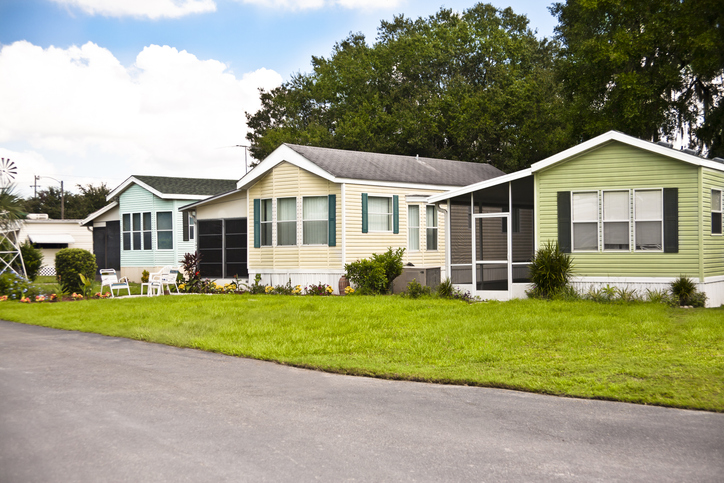
Is this a familiar scenario?
After working with a seller to get their home ready to list, you propose a price to list, based on local comparisons, the state of the house, your knowledge and the local market. The seller looks disappointed and tells you that actually, Zillow or Trulia or another site has told them their home is worth way more. How do you handle this type of situation?
“I tell sellers that Zillow is but one data point when it comes to price. There are a number of places we can get pricing from, including Realtors Property Resource®, which is exclusive to Realtors®. Assessment data and other websites will give us additional data points. Your local Realtor® is your neighborhood expert who knows the comparable sold properties. We likely sold them or showed them, so we know best the condition and amenities of the ‘comps’. The market will ultimately determine your price. When we list it, we will quickly know whether the price is spot on or overpriced based on the activity, or lack of activity,” said PAR District 8 Vice President Adam Conrad.
PAR President Bill McFalls agrees that showing owners comparisons of similar homes nearby is helpful. “I have first asked these sellers to pull up a couple of other homes in their neighborhood that are similar to their home and generally find that the Zillow’s Zestimate is completely different and thus subject to the irregularities of their program,” he said.
District 3 Vice President Eric Rehling said he reminds clients that an internet appraisal is just one tool of many used to determine a home’s value. “I usually use the analogy of building a home,” said Rehling. “You can’t build a home with just a hammer. You need a saw, nails, screwdriver, hammer, etc. Same goes for pricing a home. The automated valuation models are wonderful tools, but we can’t price a home using just one tool. We need to blend the MLS data, the public record data, current market conditions, etc. I also remind them to click on the question mark next to the Zestimate which breaks down the accuracy of the Zestimate. In some areas, the Zestimate margin of error is more than 10%. So we talk through that as well.”
A 2018 Forbes article found that Zillow’s estimates, which are usually given as an exact number, should be based on more of a range, but even then, it’s not always accurate. There’s a 50% chance it could sell in that range, but a 50% chance it could not.
“The craziest epiphany for most sellers is that the Zestimate is not an actual appraisal,” said PAR First Vice President Chris Raad. “I’ve seen figures off by over $200,000 in my area. An internet algorithm has absolutely no concept of the condition of the home or what updates have been completed recently. ”
“Zillow bases their evaluation on sources from many different sites and no matter how good their information it is, will never be able to analyze important pricing factors that are specific to their property. They even put that disclaimer in their Zestimate. When I sit with the potential seller and show them pictures and descriptions of the comparables, I usually can win their trust that my information is more accurate. Actually, it forces me to be totally prepared, doesn’t it?” said PAR President-elect Bill Festa.
And District 1 Vice President Heather Petrone-Shook said she gives it to clients straight. “And would you mind telling me when you met with Zillow and gave them a tour of the interior?” she asks them. “Considering they have your home listed as a three-bedroom with two baths and it is really a two-bedroom with one bath, I would agree with their Zestimate if you are willing to put on the addition.”
Topics
Member Discussion
Recent Articles
-
1 in 3 Americans Rent Self Storage
- May 14, 2025
- 2 min. read
With space shortages growing and demand expanding, 33% of Americans use self storage, and 18% plan to rent a unit in the future, according to a survey of nearly 3,000 conducted by StorageCafe.
-
Manufactured Homes Serve as Affordable Options for Millions
- May 13, 2025
- 2 min. read
“Manufactured homes make up only 5% of the total housing stock but provide an alternative form of housing that meets the needs of various households, particularly in rural areas,” says NAHB.
-
Erica Rawls, Harrisburg Realtor®, Named Woman of Influence by CPBJ
- May 12, 2025
- 2 min. read
“Real estate has always been more than just a career for me – it’s a calling,” Rawls shares. “It’s about helping people navigate life-changing moments … “
Daily Emails
You’ll be the first to know about real estate trends and various legal happenings. Stay up-to-date by subscribing to JustListed.



